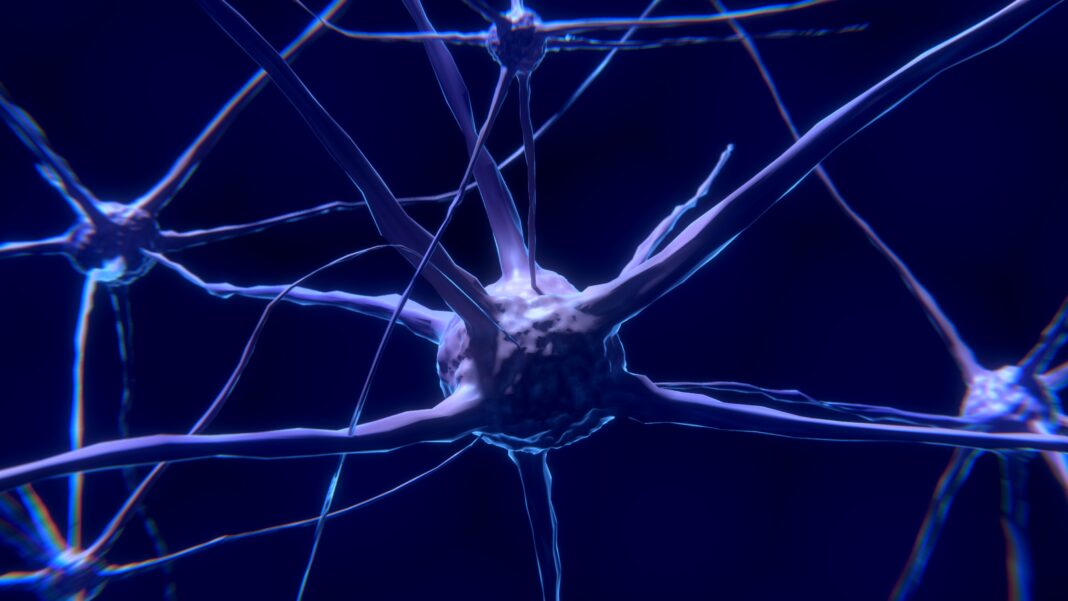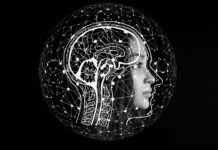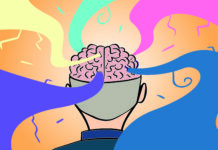Why do animals need sleep? The question still intrigues researchers, despite all the progress made in the field. Last year, Giulio Tononi from the University of Wisconsin-Madison, presented evidence for the housekeeping theory. He argued that the brain needs sleep to remove old synapses and to make space for new ones. This cleaning process explains why a good night’s sleep is crucial to build capacity for learning new information and consolidate knowledge.
Researchers from the Marche Polytechnic University in Italy, in association with Tononoi’s team in Wisconsin, set out to understand what happens to the brain in situations of chronic sleep deprivation.
Michele Belesi and her team housed mice into three main settings: the “sleeping mice” mimicked a normal sleep condition; the “acutely sleep-deprived group” was subjected to a period of 8 hours of sleep deprivation, and the “chronic sleep-deprived mice” went 4.5 days without any sleep. The scientists then looked at the 3D representations of the mice’s synapses, using electron microscopy.
Sleep loss effect in astrocytes and microglia
On the first part of the experiment, the focus was on astrocytes, specialized cells that perform a wide variety of functions in the brain, from synaptic transmission to information processing. The finding that astrocytic phagocytosis – the ingestion of cells or cellular components by other cells – increases after both acute and chronic sleep loss did not surprise the team.
The boost in phagocytosis might be a strategy of the brain to respond to the prolonged wake, which bears with it an increase in synaptic activity. This way, the brain is capable of cleaning “worn components of heavily used synapses,” as the researchers put it. Additionally, the observation of upregulation of the expression and activity of astrocytic genes further corroborated the team’s findings.
When looking at microglia, the specialized phagocytes of the central nervous system, the results were slightly different. Researchers found that, only in the mice that were severely deprived of sleep, microglial cells were active and phagocytosis of synaptic elements was enhanced. Even in low-levels, microglial activation can lead to abnormal responses to a secondary insult. Thus, persistent microglial activation might explain why people with chronic sleep loss are more predisposed to further brain harm, such as dementias.
Different synapses are phagocytosed in chronic sleep deprivation
Besides, the team showed that different kinds of synapses are targeted for phagocytosis in situations of sleep loss. Wake-enhanced phagocytosis targets larger and stronger synapses, in contrast with early developmental phagocytosis, which targets presynaptic elements and weaker synapses.
Together, these findings support the housekeeping theory: in both acute and chronic sleep loss, astrocytes clean worn components that result from the prolonged wake and, subsequently, increase in synaptic activity. Furthermore, this study adds that only severe sleep loss is necessary to activate microglia fully. Further studies are needed to confirm the causal link between phagocytic activities to sleep loss since this experiment only gave a correlational link, researchers state.
Sleep is crucial for well-being; that we already knew. Now, we have a clearer understanding of how the brain is damaged when we don’t get enough sleep.
Image Credit: ZEISS Microscopy / Wikimedia Commons
Source: New Scientist – The brain starts to eat itself after chronic sleep deprivation
Reference: 37.21 (2017): 5263-5273.Bellesi, Michele, et al. “Sleep Loss Promotes Astrocytic Phagocytosis and Microglial Activation in Mouse Cerebral Cortex.” Journal of Neuroscience





